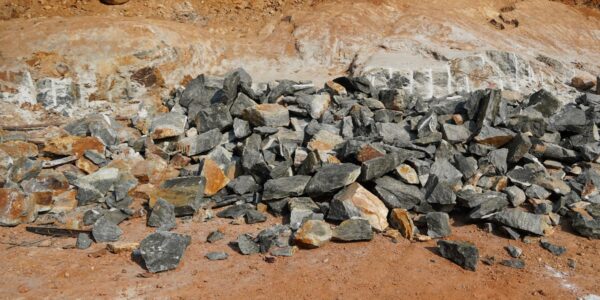While restrictions to export raw lithium are noble and beneficial towards the achievement of the upper middle-income economy, the sudden introduction of the law has left many miners struggling to get a decent market for the product.
Rudairo Mapuranga
The ban on raw lithium export would lead to job creation and transfer of skills to local experts thereby creating a green energy future for Zimbabwe leading the country to be considered one of the top countries in the energy revolution. However, the ban came at a time when proper structures were not in place leading many to lose out on the current world appetite for the commodity.
Speaking to this Publication miners in Mtoko have expressed concern on the government’s decision to ban suddenly the export of raw lithium as this has led to a market bankruptcy and exploitation of miners. Lithium ores of less than 2 per cent content are currently being bought at US$30 per tonne on the ground leaving miners bleeding as few buyers have been given a leeway to export.
“Buyers used to buy these ores at around US$150 which are rendered useless nowadays. We are now selling at US$30 per tonne because we are desperate for money. If we take them ourselves to Harare, no one will even want to buy them. The decision to ban the export of the raw mineral was good but it was done too early, it’s affecting us big time,” a miner said.
“We just hope the government can create a market for us, buyers have now turned into bloodsuckers, we may soon die. We support the decision to ban but we also want markets. The government after banning, should be creating markets for us,” said another.
Miner Elisha Murengwa said the decision to ban was of importance but more time should have been invested in creating future markets after the raw ban for miners who are not producing concentrates yet.
“First we need to establish the objective for such a decision by the government since it has been endorsed by the relevant Minister. From the official statement released thus far by the permanent secretary, it alludes to governments’ need to safeguard such key minerals as they form part of economic growth enablers due to their current and future high demand on the international market thus such minerals should be ring-fenced and measures put in place to protect them. Then there is mention of the need to promote value addition and mineral beneficiation which again is a very noble decision as this ensures employment creation through industry/processing plants that would be opened but very importantly it also means more taxes on export which in turn means additional revenue to our fiscus. So when one considers such a position government does feel justified in pronouncing such bans though going back to your question “is it within our legal framework” to impose such a ban overnight becomes another question. We have seen such similar moves by the government when they banned lithium and chrome exports in the past using similar statutory instruments. As far as we know there hasn’t been any litigation from anyone outside to challenge such moves in court and one wouldn’t expect this to be different however we cannot rule out such a court challenge. I cannot delve into finer details of the law as I’m not a legal expert but as miners, we are not happy with such a decision because it simply worsens the plight of miners who in some instances had done explorations and invested their hard-earned money,” he said.





